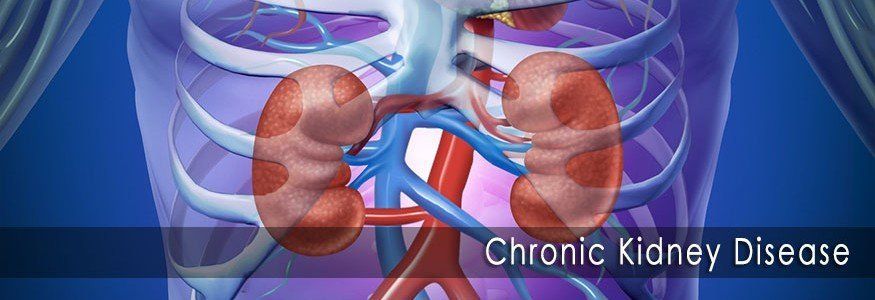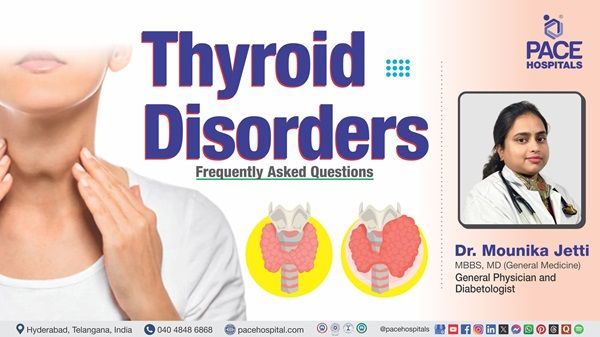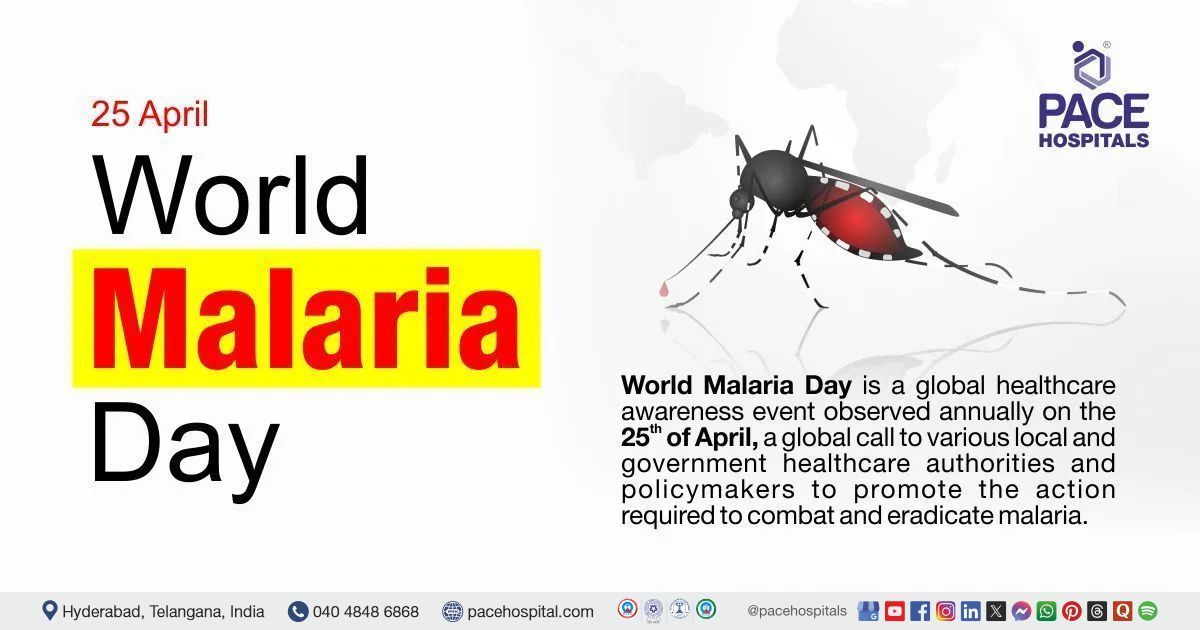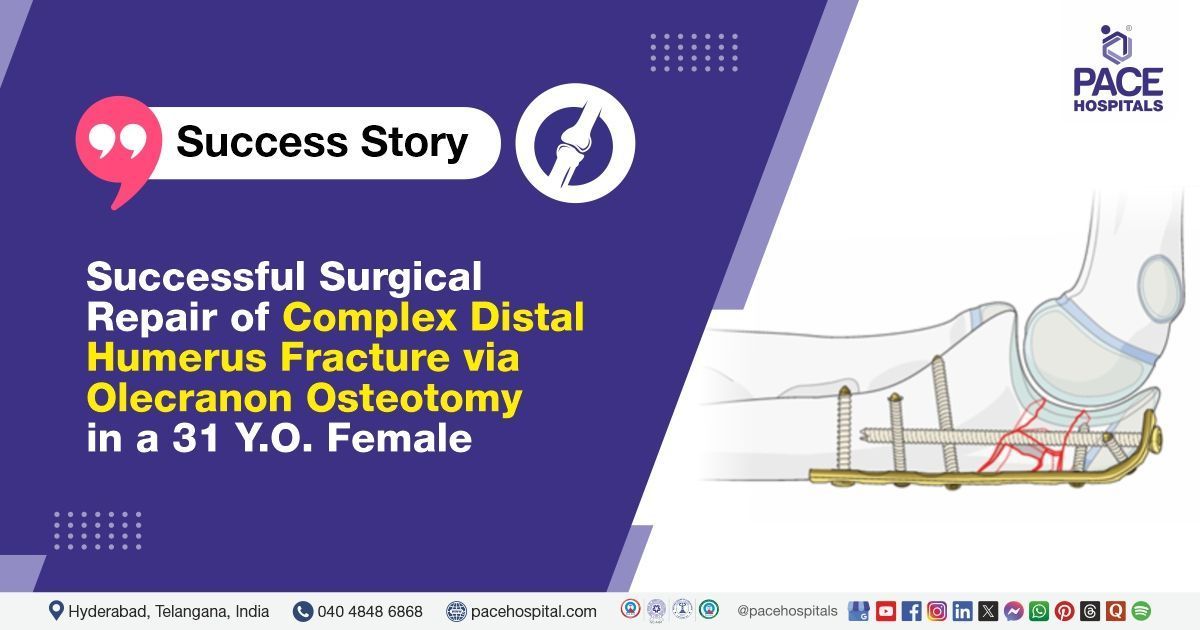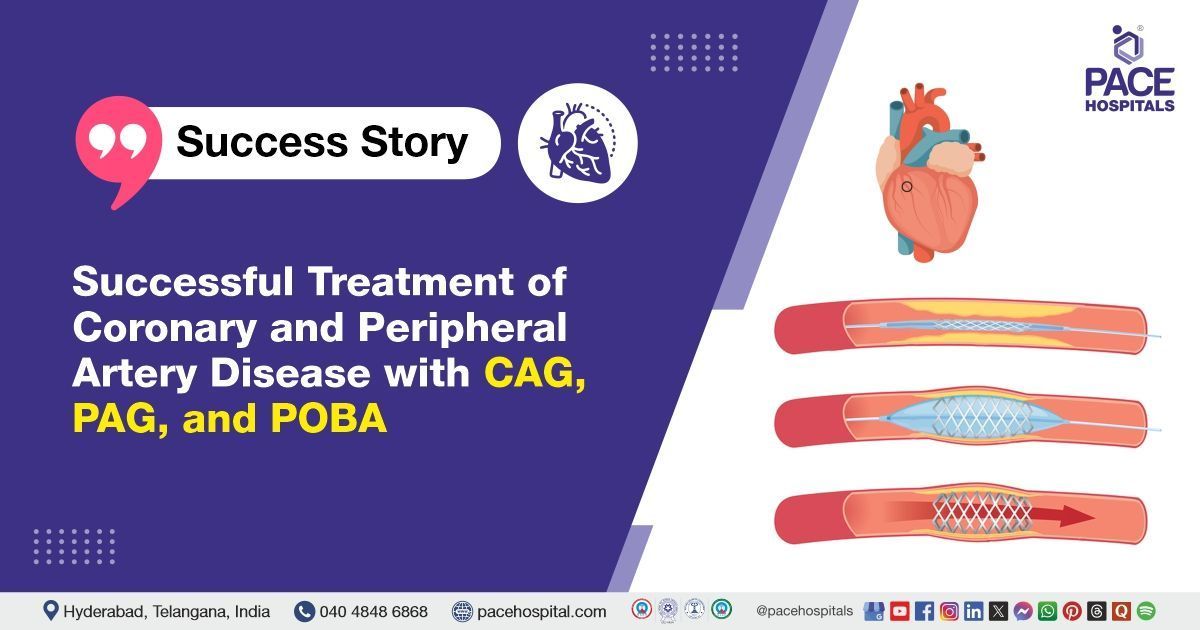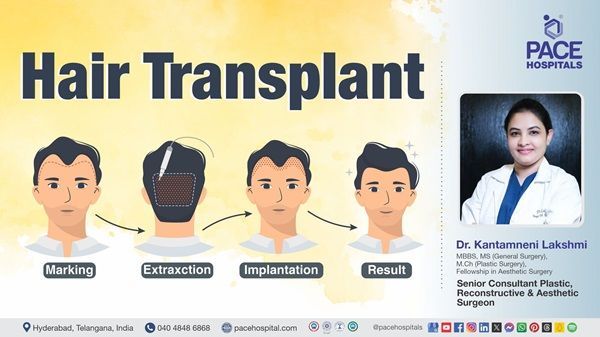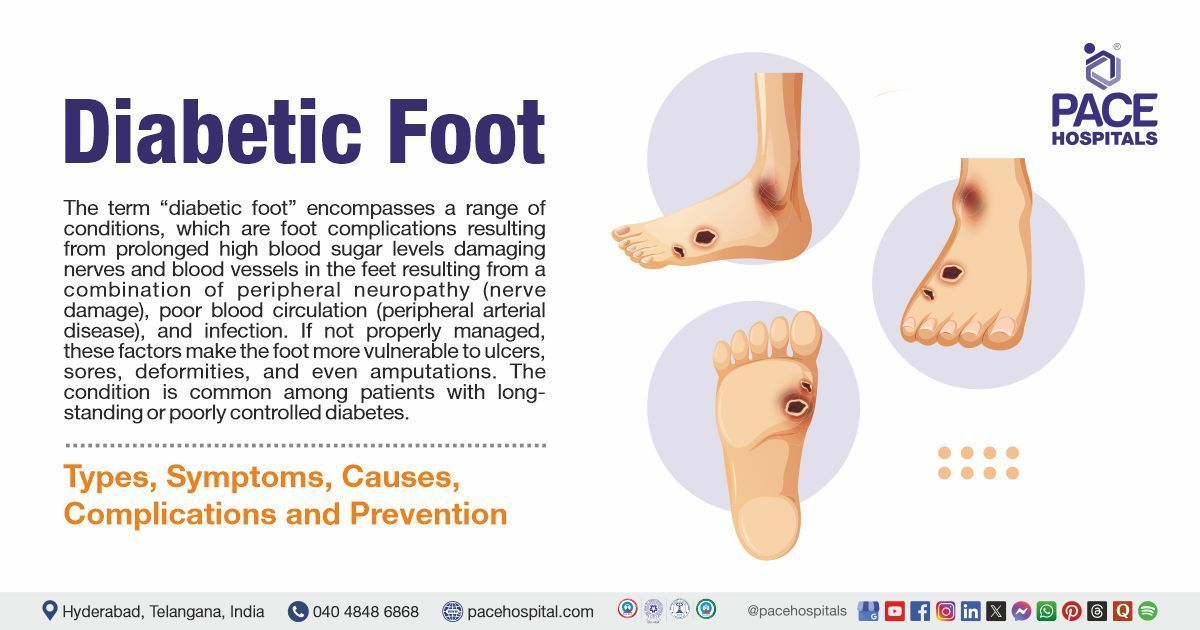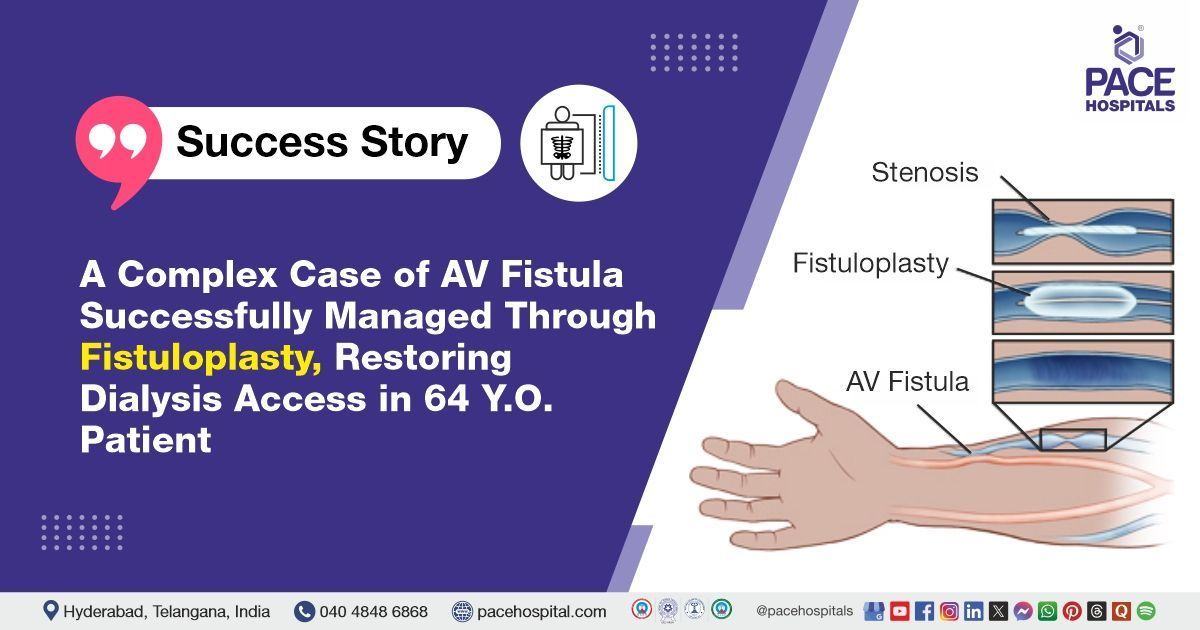Facts sheet on “Chronic Kidney Disease”
What kidneys do?
Kidneys are one of the most important vital organs in the body as they help us to:
- Remove toxic waste products.
- Remove excess water and salts.
- Play an important role in controlling your blood pressure.
- Produce a hormone called erythropoietin (EPO for short) which stimulates red cell production from the bone marrow – you become anemic due to lack of this hormone.
- Help to keep calcium and phosphate in balance for healthy bones.
- Maintain the blood in a neutral (non-acid) state to make you feel well.
What is chronic kidney disease (CKD)?
Chronic kidney disease (also called chronic renal failure) is a condition in which the kidneys lose some of their ability to remove waste and excess water from the bloodstream over a period of time. As waste and fluids accumulate, other body systems are affected, potentially leading to complications.
What are the symptoms of CKD?
In the early stages of Chronic Kidney Disease, there are no symptoms. People develop symptoms only when they loss 90% function of their kidneys.
As your kidney function deteriorates to 10% or low, you will develop any of the following symptoms: poor appetite, vomiting, tiredness, swollen ankles, shortness of breath and itch. The diagnosis of chronic kidney disease can be delayed as there can be other explanations for most of these symptoms.
Even when kidney failure is advanced, most people still make a normal or near-normal amount of urine; this is sometimes confusing. Urine is being formed but it does not contain sufficient amounts of the body's waste products.
Why it is important to diagnose this silent disease (CKD)?
People with kidney disease are at greatly increased risk of heart attacks, stroke and problems with the circulation. This risk increases as the kidney disease advances. In simple words, you could reduce the risk of having a heart attack, stroke and circulation problems by early diagnosis of kidney disease. It is particularly important that kidney disease is diagnosed early so appropriate steps are taken to minimize this risk.
How chronic renal disease is diagnosed (CKD)?
It can be easily diagnosed with a blood test called GFR (Glomerular filtration rate). GFR estimates at what percentage your kidneys are currently working. At Pace Hospitals, we routinely measure GFR as part of kidney function.
Depending on your GFR, CKD is classified into stages:
- Stage 1 - 90+ GFR - Normal kidney function but abnormal urine or renal scan point to kidney disease
- Stage 2 - 60-89 GFR - Mildly reduced kidney function in presence of urine or kidney scan abnormalities
- Stage 3 - 30-59 GFR - Moderately reduced kidney function
- Stage 4 - 15-29 GFR - Severely reduced kidney function
- Stage 5 - 14 or less - Very severe kidney failure
Who should be tested for chronic renal failure (CKD)?
You should be tested if you have one of the following risk factors:
- Diabetes
- High blood pressure
- Overweight
- Smoking
- Older than 50 years
- If you have suffered from heart attack or stoke
- Family history of kidney disease
- Having abnormal urine test such as presence blood or protein
- If you have used long term pain killers such as Diclofenac or any medications that can affect your kidney function.
What is the aim of treatment?
The main goal of treatment is to prevent progression of CKD to complete kidney failure. The best way to do this is to diagnose chronic kidney disease early control the underlying cause and treat kidney disease early.
Share on
Request an appointment
Fill in the appointment form or call us instantly to book a confirmed appointment with our super specialist at 04048486868

